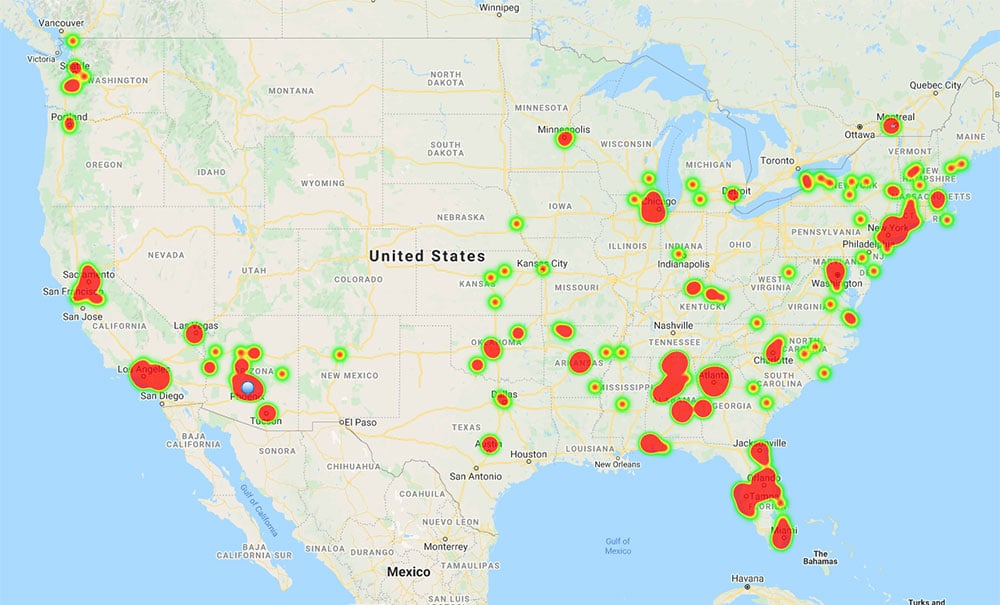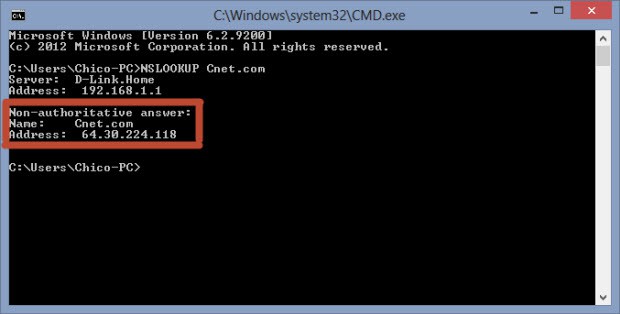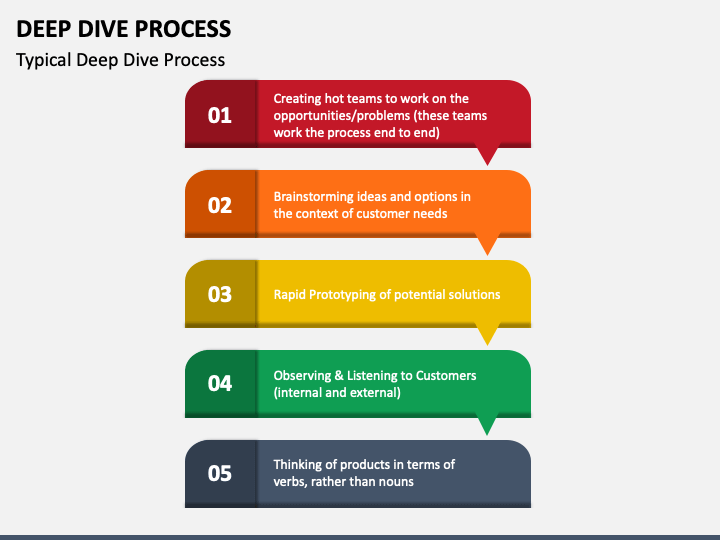Mapping the Digital World: A Deep Dive into IP Handle Mapping
Associated Articles: Mapping the Digital World: A Deep Dive into IP Handle Mapping
Introduction
With enthusiasm, let’s navigate via the intriguing subject associated to Mapping the Digital World: A Deep Dive into IP Handle Mapping. Let’s weave fascinating data and supply contemporary views to the readers.
Desk of Content material
Mapping the Digital World: A Deep Dive into IP Handle Mapping

The web, an unlimited and interconnected community of gadgets, depends on a complicated system of addressing to make sure seamless communication. On the coronary heart of this method lies the Web Protocol (IP) tackle, a numerical label assigned to every system related to a community that makes use of the Web Protocol for communication. Understanding IP tackle mapping is essential to greedy how knowledge traverses the web, how networks are organized, and the challenges related to managing the ever-growing variety of related gadgets.
This text delves into the intricacies of IP tackle mapping, exploring its numerous points, from the elemental ideas to the superior methods employed to handle and optimize the addressing scheme. We’ll study the several types of IP addresses, the position of routing protocols, the importance of Area Title System (DNS), and the challenges posed by the depletion of IPv4 addresses and the transition to IPv6.
Understanding IP Addresses: The Basis of Mapping
An IP tackle is a novel numerical identifier assigned to each system on a community utilizing the Web Protocol. These addresses are structured hierarchically, permitting for environment friendly routing of information packets throughout the web. There are two major variations of IP addresses:
-
IPv4 (Web Protocol model 4): This older model makes use of a 32-bit tackle, represented as 4 decimal numbers separated by intervals (e.g., 192.168.1.1). Every quantity can vary from 0 to 255, leading to roughly 4.3 billion distinctive addresses. Whereas seemingly huge, this quantity has confirmed inadequate to fulfill the explosive development of internet-connected gadgets.
-
IPv6 (Web Protocol model 6): Developed to deal with the restrictions of IPv4, IPv6 makes use of a 128-bit tackle, represented as eight teams of 4 hexadecimal digits separated by colons (e.g., 2001:0db8:85a3:0000:0000:8a2e:0370:7334). This considerably expands the tackle area to a virtually limitless quantity, able to accommodating the ever-increasing demand for distinctive addresses.
The Position of Subnetting and Community Masks:
To effectively handle IP addresses, networks are divided into smaller subnetworks utilizing a course of referred to as subnetting. A subnet masks is a 32-bit quantity that defines the community portion and the host portion of an IP tackle. The community portion identifies the particular community, whereas the host portion uniquely identifies a tool inside that community. By utilizing subnetting, organizations can optimize their IP tackle allocation and enhance community efficiency.
For instance, a community with the IP tackle 192.168.1.0 and subnet masks 255.255.255.0 signifies a community tackle of 192.168.1.0 and permits for 254 host addresses (192.168.1.1 to 192.168.1.254). The community tackle and broadcast tackle (192.168.1.255) are reserved for network-related functions.
Routing Protocols: Guiding Information Throughout Networks
Routing protocols are important for IP tackle mapping, appearing because the navigational system of the web. These protocols allow routers to alternate details about networks and decide the optimum path for knowledge packets to succeed in their vacation spot. Widespread routing protocols embrace:
-
RIP (Routing Info Protocol): A distance-vector protocol that makes use of hop depend as a metric to find out the shortest path. It has limitations by way of scalability and community measurement.
-
OSPF (Open Shortest Path First): A link-state protocol that makes use of a extra refined algorithm to calculate the shortest path. It affords higher scalability and efficiency in comparison with RIP.
-
BGP (Border Gateway Protocol): The routing protocol used to alternate routing data between autonomous methods (ASes), that are primarily giant networks like these operated by web service suppliers (ISPs). BGP is essential for inter-domain routing on the web.
These protocols work collectively to construct a complete map of the web’s community topology, enabling routers to ahead knowledge packets effectively to their meant recipients based mostly on their IP addresses.
The Area Title System (DNS): Translating Names to Addresses
Whereas IP addresses are important for community communication, they don’t seem to be user-friendly. That is the place the Area Title System (DNS) comes into play. DNS interprets human-readable domains (e.g., www.google.com) into machine-readable IP addresses, making it simpler for customers to entry web sites and different on-line sources. DNS servers act as directories, storing mappings between domains and IP addresses. When a person enters a website identify of their browser, a DNS question is initiated to resolve the area identify to its corresponding IP tackle, permitting the browser to hook up with the server internet hosting the web site.
Challenges and Options in IP Handle Mapping:
The web’s fast development has introduced vital challenges in managing IP addresses. The depletion of IPv4 addresses has spurred the transition to IPv6, which affords a vastly bigger tackle area. Nevertheless, the transition has been gradual, requiring vital infrastructure upgrades and adjustments in community protocols.
Different challenges embrace:
-
Community Handle Translation (NAT): NAT is a method used to preserve IPv4 addresses by mapping a number of personal IP addresses to a single public IP tackle. Whereas efficient in extending the lifespan of IPv4, NAT can complicate sure community functions and companies.
-
IP Handle Administration (IPAM): Efficient IPAM options are essential for organizations to effectively handle their IP tackle area, monitor tackle utilization, and forestall conflicts. These options sometimes embrace instruments for IP tackle allocation, subnet administration, and reporting.
-
Safety Issues: IP tackle mapping can be related to community safety. Understanding IP tackle ranges and community topologies is crucial for implementing firewalls, intrusion detection methods, and different safety measures. Misconfigured IP tackle assignments can create vulnerabilities that malicious actors can exploit.
The Way forward for IP Handle Mapping:
The continued transition to IPv6 is reworking IP tackle mapping. Whereas IPv4 stays extensively used, IPv6 is steadily gaining adoption, providing a scalable resolution for the longer term. The event of latest routing protocols and IPAM instruments optimized for IPv6 is essential for making certain a easy transition and environment friendly administration of the expanded tackle area. Moreover, developments in community virtualization and cloud computing are impacting how IP addresses are allotted and managed, resulting in extra dynamic and versatile addressing schemes.
Conclusion:
IP tackle mapping is a basic side of web infrastructure, enabling the seamless communication between billions of gadgets worldwide. Understanding the varied parts concerned, from IP tackle varieties and subnetting to routing protocols and DNS, is essential for anybody concerned in community administration, safety, or improvement. The continued transition to IPv6 and the evolution of community applied sciences will proceed to form the panorama of IP tackle mapping, demanding ongoing adaptation and innovation to make sure the environment friendly and safe operation of the web. The complexities concerned spotlight the significance of strong IPAM methods and expert community professionals to handle the more and more intricate digital world. The way forward for IP tackle mapping will probably be outlined by the continued evolution of those applied sciences and the ever-growing calls for of a hyper-connected international neighborhood.








Closure
Thus, we hope this text has offered helpful insights into Mapping the Digital World: A Deep Dive into IP Handle Mapping. We thanks for taking the time to learn this text. See you in our subsequent article!